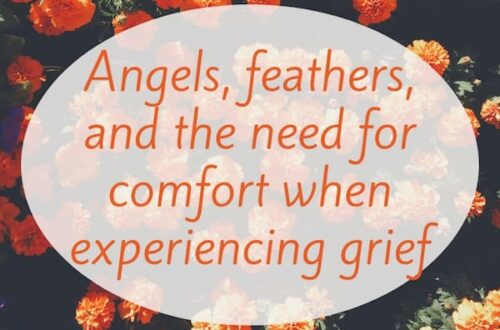Evangelicals and The “Happy” Imperative
Some grow up convinced that feeling unhappy, uneasy, and uncertain is unnatural. American media promotes that being uninvited, unattractive and unintelligent is unnecessary. Even some evangelical circles will contend that feeling unwanted, unworthy, unlovable, and remaining unmarried is unacceptable.
Expectations for happiness run high for many evangelicals. Some even believe a marriage that does not offer a lifetime of bliss has no purpose. Well-meaning Christians sometimes nudge unhappy spouses towards divorce in the name of, “God wants Christians to have happy marriages.” But in Sacred Marriage, Gary Thomas contests that God intended marriage to cultivate holiness more than happiness.
But some Christians associate depression, anxiety, and anger, with weak faith. As a result, many churchgoers feel shunned for their struggles. The prosperity gospel, which contradicts the biblical theology of suffering, has fueled this notion. God lived on earth as a human. This Son of Man, Jesus, experienced anger, sadness, fear, and doubt during his human years. As the only creatures created in God’s image, don’t humans have permission from God to wrestle with the same?
In a review essay on biblical suffering, Jenna Perrine quotes Gerald W. Peterman, who accuses Christians of ignoring the commandant in Ephesians 4:26, to “be angry.” In fact, Paul placed “a moral obligation on believers to be angry as the occasion requires. . . . This flies in the face of believers who have sought to avoid anger as sin. . . . Jesus too suffered in compassion and vulnerability, not least through his anger . . . a form of suffering that we have too often dismissed as purely sinful and not a legitimate burden of suffering to be righteously expressed.” That Jesus overturned tables in the temple shows that God allows tantrums in the name of righteousness (Matt. 21:12).
Someevangelicals scold Christians who worry, with the rebuke that the Bible calls worry a sin (Matt. 6:25–34). But Jesus does not condemn worry. On the contrary, Jesus’s words that round out Matthew Chapter 6 offer the gentle loving cure for anxiety. Luke 22:44 describes Jesus experiencing such anguish that he sweat blood. If worry spells a lack of faith, then Jesus must have lacked faith too.
Many churches chastise those who groan and weep. But Jesus groaned and wept over suffering—his own and the suffering of others (John 16:20; Matt. 26:37–8). If God considers grief and fear sins, then he considers Jesus a sinner too. Yet the Bible says he never sinned (1 Pet. 2:22).
Even so, many evangelicals get shocked or put off by pain and suffering rather than acknowledging it as commonplace. Dr James Neathery’s words ring true: “The body of Christ has theological difficulties with the reality of suffering. Some say that suffering is incompatible with the teaching of Scripture. . . . But Christians who radically identify with Christ become people of sorrow and are familiar with suffering.” But as Peterman puts it, “Unfortunately we have tended to honor a presentation of orthodoxy at the expense of pained honesty.”
The fallacy of mandatory happiness harms Christians. Suffering does not necessarily suggest sin or a lack of faith. In fact, the Bible embraces expressions of suffering, and in its pages we find believers suffering sometimes without logical explanation.
As Joni Eareckson Tada writes, “Only two places on this planet are exempt [from suffering]—a few acres in Southern California, and a few in Florida, both run by a friendly talking mouse who wears suspenders.”




